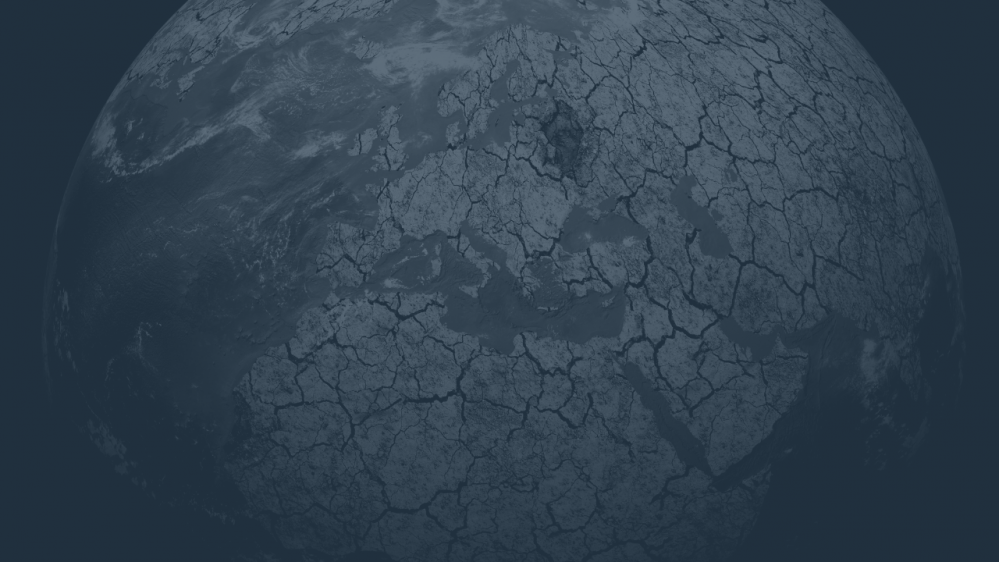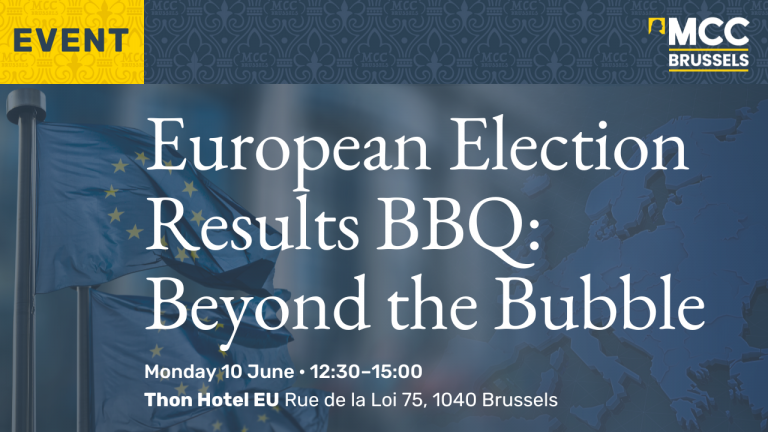
Climate Change: beyond the 'consensus'
1:30 to 5:30PM, Thursday 23rd May (lunch from 12:45)
ACE Events, Av. d'Auderghem 22, Brussels (near Schuman)
Climate Policy Institute & MCC Brussels Conference
REGISTER HERE
We often hear that there is a scientific consensus on climate change. Yet the science is only half the discussion. Whatever the science says, we have to answer a political question too: what should we do?
Proponents of environmentalist responses often present the policy choices as if they are simply dictated by the science. But this hides a whole range of political choices. Should we prioritise standards of living, or reducing emissions? Should we try and change behaviour, or change technology? Should we seek clean energy wherever we can find it, like with nuclear power, or is the problem that we consume too much to begin with? How should we weigh up the different opportunities for adaptation versus mitigation and where to invest resources?
On such questions, there is no consensus, and we cannot assume that science will answer them for us. These are questions for public debate – but too often the public is shut out of the debate about our future.
European elites have their preferred answer – Net Zero, the Green Deal, an end to petrol cars, and the war on farming and traditional industry. But what is or should be the answer of the European public?
Sessions:
-
13.30 - 14.00 Science, consensus and the politics of climate change
-
14.00 - 15.30 Panel: Climate Science: the use and abuse of consensus
- 16.00 - 17.30 Panel: Climate Change and the perils of Net Zero
Programme:
13:30 - 14:00
Keynote: Science, consensus and the politics of climate change
- Professor Richard Lindzen, Sloan Professor of Atmospheric Sciences Emeritus, MIT; member, US National Academy of Science
In modern history there are several examples of political movements claiming a scientific basis. From immigration restriction and eugenics (in the US after WW1) to antisemitism and race ideology (in Hitler’s Germany) and communism and Lysenkoism (under Stalin). Each of these claimed a scientific consensus that allowed highly educated citizens, who were nonetheless ignorant of science, to have their anxieties alleviated. What then are we to make of the scientific consensus about climate change? At the very least, does the scientific consensus support the idea of an “existential” threat posed by climate change? On this, and other climate issues, the ordinary people are often more sceptical than the elite. Why is this?
14:00 - 15:30
Panel: Climate Science: the use and abuse of consensus
- Frank Furedi, executive director, MCC Brussels
- Professor Anthony O'Hear, professor of philosophy, University of Buckingham
- Calum Nicholson, director, Climate Policy Institute
- Professor Richard Lindzen, Sloan professor of atmospheric sciences emeritus, MIT; member, US National Academy of Science
- Chair: Agnieszka Kolek, head of cultural engagement, MCC Brussels
Climate science in its contemporary form came of age in the 1970s at a time of a great cultural shift. The world’s first Earth Day in 1970 marked the spread of cultural concerns about environmentalism from the fringes of the hippy counterculture into the mainstream. The science of climate change arrived at a time when optimism about what science and technology had to offer was challenged by increasing concerns that the arrogance of human social and economic development was leading to negative environmental impacts, and even direct threats to the planet itself.
The Intergovernmental Panel on Climate Change (IPCC), established in 1988, quickly became a forum for the exchange and assessment of an immense amount of growing scientific knowledge and understanding. Yet the IPCC also became regarded as the arbiter of what ‘the science’ tells us about what must be done, what political decisions must be taken and what policies must be enacted. It sits like Solomon over key questions of international development, sovereignty and social progress.
While there are different policy perspectives on the question of how to respond to climate change, one central message dominates the discussion. This is that ‘the science’ has issued humanity with a warning that our activities threaten our very existence, and that ‘the science’ tells us we must rein these activities in. Because the message appears to come from science, not politicians or campaigners, it becomes a fait accompli.
How then are we to make sense of the relationship between climate science and society? Has the scientific debate been politicised – whether that be in terms of underplaying or overplaying the dangers presented by climate change – and how can we protect against this danger? How much of the global warming issue is shaped by new scientific discoveries, and how much by broader cultural and political trends? How has the interaction between scientists, international institutions, governments, media and activists influenced the development of climate change policy? Most importantly, how can we best ensure a scientifically informed substantive political debate about how we should view and respond to climate change?
15:30 - 16:00
Coffee
16:00 - 17:30
Panel: Climate Change and the perils of Net Zero
- Samuel Furfari, professor of energy geopolitics and energy politics, Free University Brussels; former senior official of DG Energy at the European Commission
- Johan Gardebo, research fellow, Clare Hall, University of Cambridge
- Barbara Kolm, founder, Free Market Road Show; director, Austrian Economics Center; president, Hayek Institute and Professor of Austrian Economics, University of Donja Gorica, Montenegro
- Richard Schenk, research fellow, MCC Brussels
- Chair: Jacob Reynolds, Head of Policy, MCC Brussels
The Net Zero objective has become a key driver of EU policies such as the much vaunted and highly controversial EU Green Deal. As both proponents and critics agree: the Green Deal implies both a major centralisation of power away from nation states and a transformation of the way people live.
It would be an understatement to say that not everyone is happy with this transformation of how we live and work. Farmers, under immense pressure from the implementation of EU environmental policies, have engaged in European wide headline grabbing protests causing the European Commission to pause and review some of its measures. Similarly, in the face of mounting controversy over the Green Deal ahead of the European elections, the Commission has postponed the publication of its Heat Pump Action Plan. Moreover, the state of play with regards to the 2035 ban on new petrol car sales remains uncertain. In member states, the outlook is perhaps even more fractious, as widespread de-industrialisation – widely attributed to green policies emanating or inspired by the EU – looks set to lead to enormous political upheavals. Those reliant on the jobs provided by Europe’s traditional industries, from chemicals to cars, are a major source of potential unrest.
Now is a vital time to review and debate the wisdom and current trajectory of European environmental policy. Whilst it is essential to take the threat of climate change seriously, are net zero policies a help or a hindrance? When fossil fuels currently supply about 83 per cent of the world’s commercial energy, compared to 86 per cent in the year 2000, is the EU’s approach to their elimination pathbreaking or implausible? How can we best harness human innovation and ingenuity to mitigate and adapt to the consequences of climate change?
17:30
Wine reception


